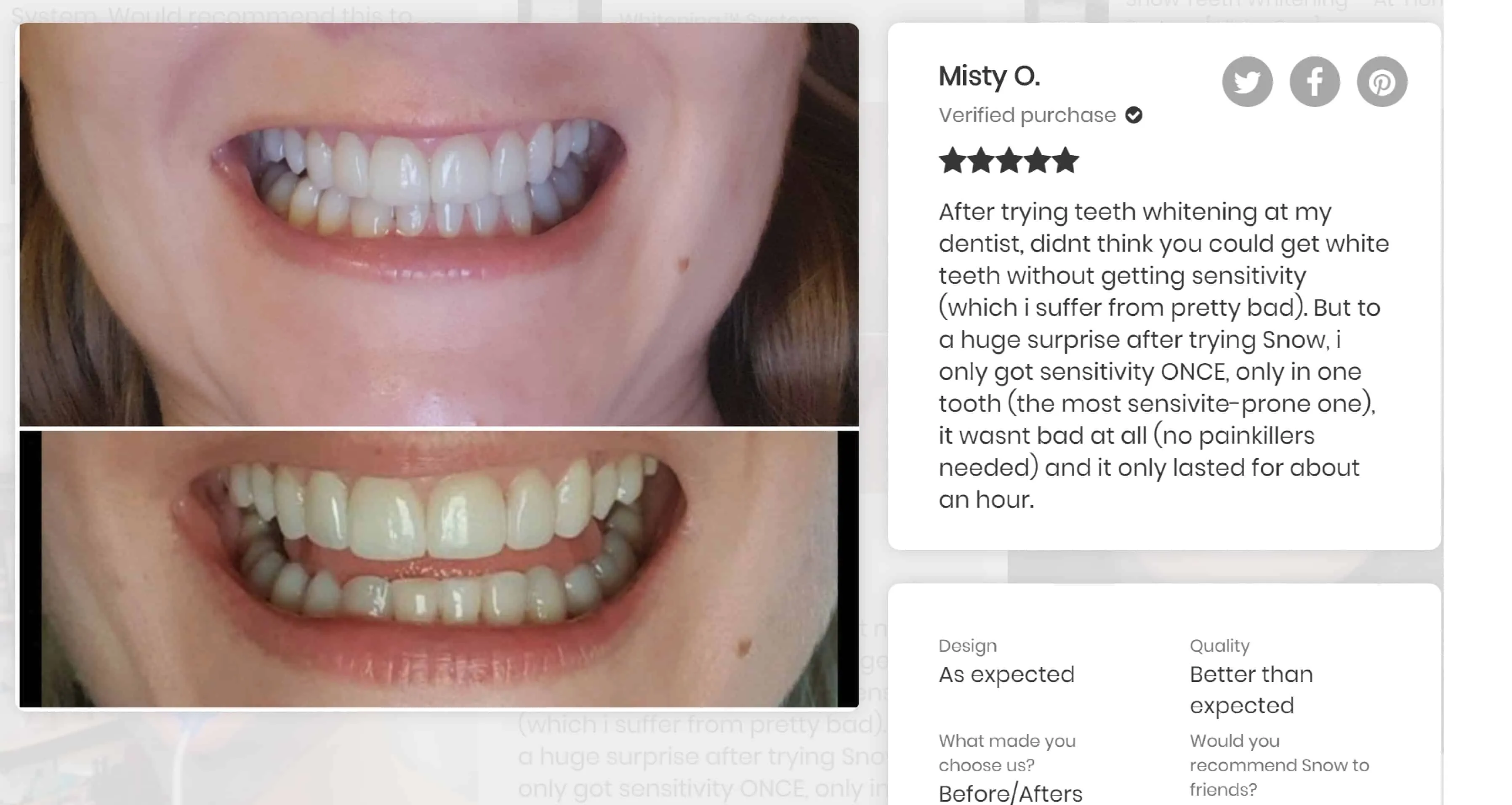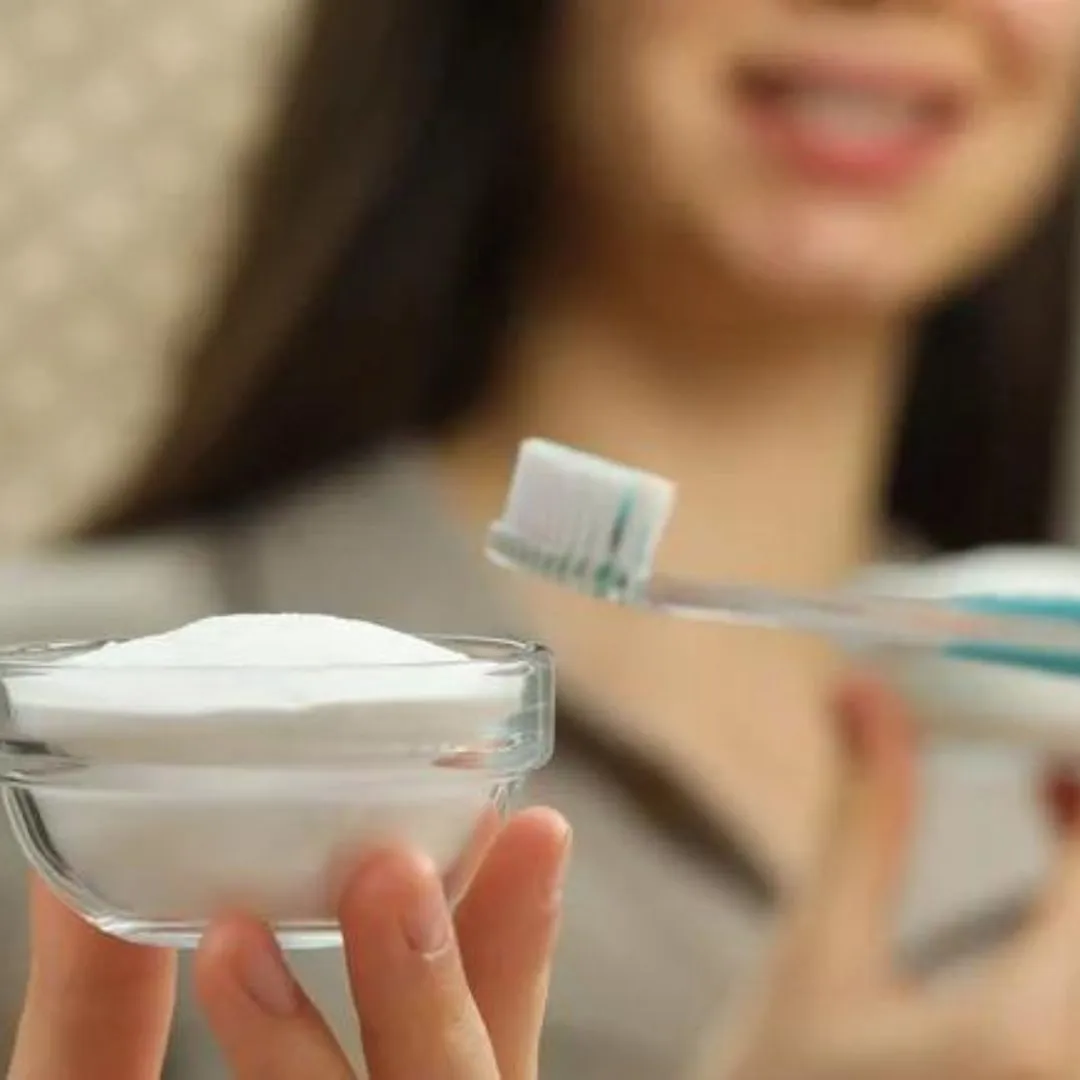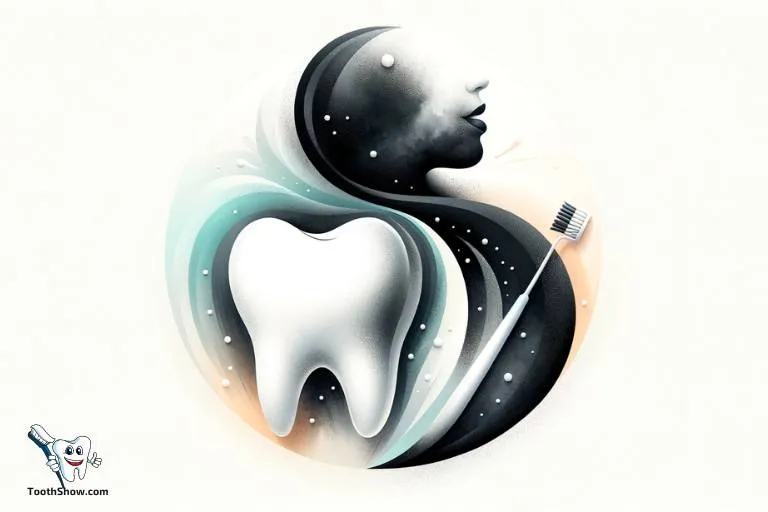Is Teeth Whitening Safe During Pregnancy?
Pregnancy brings about a multitude of changes in a woman’s body, and dental health is no exception. Many expectant mothers find themselves contemplating various dental procedures, including teeth whitening. However, the question of whether teeth whitening is safe during pregnancy is a critical one, as the well-being of both the mother and the developing baby is paramount. The potential risks associated with certain teeth whitening treatments necessitate a cautious approach. This article delves into the safety of teeth whitening during pregnancy, providing essential insights and guidance to help you make informed decisions about your dental care during this special time.
Why Teeth Whitening Safety Matters
During pregnancy, a woman’s body undergoes significant hormonal shifts, making her more susceptible to certain health issues. The gums, in particular, can become more sensitive and prone to inflammation. Furthermore, the substances used in teeth whitening treatments can potentially be absorbed into the bloodstream, raising concerns about their impact on the developing fetus. Therefore, it’s crucial to weigh the potential risks and benefits of teeth whitening during pregnancy carefully. Ensuring the safety of both the mother and the unborn child should always be the top priority when considering any cosmetic procedure. Understanding the potential effects of these treatments is the first step toward making informed decisions.
Potential Risks of Teeth Whitening During Pregnancy

While teeth whitening can offer cosmetic benefits, it’s essential to be aware of the potential risks, especially during pregnancy. The active ingredients in many whitening products, such as hydrogen peroxide or carbamide peroxide, can cause adverse effects. These risks highlight the importance of caution and consultation with a dental professional before proceeding with any teeth whitening treatment during pregnancy.
Sensitivity and Irritation
One of the most common side effects of teeth whitening is increased tooth sensitivity. During pregnancy, hormonal changes can exacerbate this sensitivity, making the whitening process potentially uncomfortable. Additionally, some whitening products can cause gum irritation or inflammation, which can be particularly problematic for pregnant women who are already at a higher risk of developing gingivitis. It is important to monitor for signs of discomfort and adjust the treatment accordingly or discontinue use if necessary. This may involve switching to a gentler whitening method or seeking professional advice from your dentist.
Chemical Absorption
A significant concern is the potential for chemical absorption from teeth whitening products. While the exact amount of chemicals absorbed is often debated, there is a risk that some of the active ingredients could enter the bloodstream. These chemicals could potentially reach the developing fetus. Because the effects of these chemicals on the fetus are not fully understood, many dental professionals advise caution. This uncertainty underscores the need to prioritize safety and consider alternative options that pose less risk during pregnancy. It is crucial to discuss these concerns with your dentist to determine the safest approach for your specific situation.
Safe Teeth Whitening Options for Pregnant Women

While the potential risks of teeth whitening during pregnancy warrant careful consideration, there are still ways to maintain a bright smile safely. The key is to choose methods that minimize risks and prioritize the well-being of both the mother and the baby. Consulting with a dentist and opting for professional, supervised treatments can help ensure the safest approach. Exploring alternatives that have a lower risk profile is also recommended.
Professional Dental Cleanings
Regular professional dental cleanings are an excellent way to maintain a bright smile during pregnancy. These cleanings remove surface stains and plaque buildup, which can improve the appearance of your teeth without the use of harsh chemicals. Professional cleanings are generally considered safe during pregnancy and are often recommended to help prevent gum disease and other dental issues. Scheduling regular appointments with your dentist allows for professional care and advice tailored to your specific needs. Your dentist can also assess the health of your teeth and gums, providing valuable insights and recommendations for your oral health routine.
Dentist-Supervised Whitening
If you desire teeth whitening, consider dentist-supervised options. Your dentist can use professional-strength whitening treatments under controlled conditions, minimizing potential risks. They can also monitor for any adverse reactions and adjust the treatment as needed. Dentist-supervised whitening often involves custom-fitted trays and a lower concentration of whitening agents, making it a safer alternative than over-the-counter products. The dentist can also advise on the best products and methods to use during pregnancy, taking into account your individual oral health and any existing sensitivities. This approach provides the dual benefits of professional care and safety, making it a reliable choice.
Avoiding Over-the-Counter Products

Over-the-counter teeth whitening products can vary widely in their ingredients and concentrations. Many of these products contain higher levels of bleaching agents, increasing the risk of sensitivity and potential absorption. It’s generally recommended to avoid these products during pregnancy unless specifically advised by your dentist. Always check the product label for the active ingredients and consult with your dentist before using any over-the-counter teeth whitening treatment. Your dentist can recommend safer alternatives, such as professional whitening treatments or lifestyle adjustments to brighten your smile without unnecessary risks.
5 Safety Tips for Teeth Whitening While Pregnant
When considering teeth whitening during pregnancy, it’s essential to prioritize safety. By following these five safety tips, you can minimize risks and ensure a healthy pregnancy. Always consult with your dentist before undergoing any dental procedure and adhere to their specific recommendations. It is essential to adopt a cautious approach and seek professional guidance to make informed decisions about your dental care during pregnancy.
Tip 1: Consult Your Dentist
The most important step is to consult your dentist before starting any teeth whitening treatment during pregnancy. Your dentist can assess your oral health, discuss the potential risks and benefits, and recommend the safest options. They can also provide personalized advice based on your specific needs and circumstances. During the consultation, be sure to inform your dentist about your pregnancy and any other health conditions you may have. Your dentist is the best resource for making informed decisions about your dental health during this time. They can guide you toward treatments that prioritize both your and your baby’s well-being. A professional consultation can help you develop a dental care plan that is both effective and safe, giving you peace of mind throughout your pregnancy.
Tip 2: Read Product Labels Carefully

If you choose to use over-the-counter products, always read the product labels carefully. Pay close attention to the ingredients, concentration of active agents, and any warnings or precautions. Look for products that are specifically designed for sensitive teeth or those that contain lower concentrations of bleaching agents. Avoid products with ingredients you are allergic to or those that contain harsh chemicals. If you are unsure about any ingredient, consult your dentist for clarification. Understanding the product’s composition will help you make informed decisions and avoid potential risks. Always follow the manufacturer’s instructions and do not exceed the recommended usage. Reading the product labels thoroughly helps you to ensure that any teeth whitening you undertake is as safe as possible.
Tip 3: Choose Gentle Whitening Methods
Opt for gentle whitening methods that pose fewer risks. Consider professional dental cleanings, which effectively remove surface stains without harsh chemicals. If you want to whiten your teeth further, discuss dentist-supervised options that use lower concentrations of bleaching agents. Avoid products that promise quick results or use aggressive formulas, as these are more likely to cause sensitivity and potential harm. Lifestyle adjustments, such as limiting the consumption of staining foods and drinks, can also help maintain a brighter smile. Your dentist can guide you toward the safest and most effective gentle whitening methods. Choosing these methods will help you to achieve a brighter smile without compromising the health of you or your baby.
Tip 4: Monitor for Sensitivity
Be vigilant in monitoring for any signs of increased tooth sensitivity or gum irritation. If you experience any discomfort, stop the treatment immediately and consult your dentist. Sensitivity can manifest as sharp, shooting pains when consuming hot or cold foods and beverages. Gum irritation might present as redness, swelling, or bleeding. These symptoms are indications that the whitening process may be too harsh for your current condition. It’s important to address any adverse reactions promptly to avoid further complications. Your dentist can assess the cause of the sensitivity and recommend appropriate measures, such as using a desensitizing toothpaste or modifying the treatment plan. Prioritizing your comfort and well-being is critical, so don’t hesitate to seek professional help if you experience any issues.
Tip 5: Prioritize Dental Hygiene

Maintaining excellent dental hygiene is crucial during pregnancy. Brush your teeth twice a day with fluoride toothpaste, floss daily, and use an antiseptic mouthwash to help prevent gum disease and maintain overall oral health. Regular dental checkups and cleanings are also essential. A healthy mouth not only benefits your oral well-being but also contributes to your overall health. Pregnancy hormones can increase your risk of developing gingivitis and other dental problems, so it’s especially important to be diligent with your oral care routine. Following these tips will support healthy teeth and gums, reducing the need for extensive teeth whitening treatments. Furthermore, good oral hygiene can help prevent other dental problems during pregnancy, minimizing the need for further interventions.
Other Considerations During Pregnancy
Besides teeth whitening, there are other aspects of dental care that require careful attention during pregnancy. Hormonal changes can increase the risk of gum disease and tooth decay. Regular dental checkups and cleanings are essential to monitor oral health and address any issues promptly. Discuss any dental concerns with your dentist, including the use of medications. If you require any dental procedures, inform your dentist about your pregnancy so that they can take the necessary precautions. A comprehensive approach to dental care during pregnancy will help ensure both your oral health and the well-being of your baby. Always communicate openly with your dental team, as this ensures you receive the best possible care and support throughout your pregnancy.
Conclusion
While the desire for a bright smile is understandable, the safety of teeth whitening during pregnancy demands careful consideration. By consulting with your dentist, choosing safe whitening methods, and prioritizing good oral hygiene, you can maintain a healthy and beautiful smile during this special time. Remember to always prioritize the well-being of both yourself and your baby, making informed decisions about your dental care that are based on professional guidance and scientific evidence. The goal is to balance cosmetic desires with the need for the safest approach possible, ensuring a healthy and happy pregnancy.
